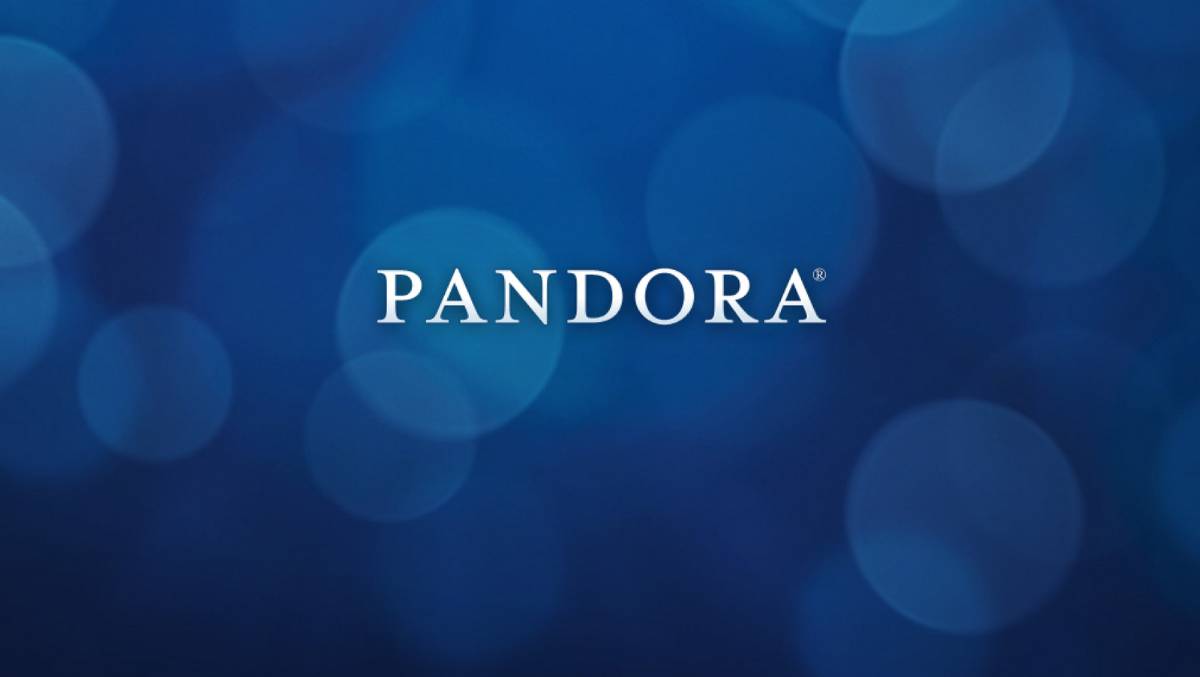


We survey our employees every four months and I hear over and over that they feel like it’s a different place. “I had to do a call and explain that the company completely missed its own revised lower guidances for the prior quarter.” But today, he says, “It feels like a completely different place, to be honest. “Morale hit a low right after that earnings call,” Lynch remembers. He joined the company two weeks before the end of its third quarter - in which it presented one of its most dismal performances ever. Roger Lynch does not try to disguise how dark the depths were for Pandora when he was tapped as its new CEO last autumn. Pandora’s own founder admitted in 2008 that the company was “approaching a pull-the-plug kind of decision” Westergren stepped down in 2017 after 17 years leading the company, leaving behind some grim words: “I believe Pandora is perfectly poised for its next chapter.” The freeloaders using its ad-supported tier weren’t convinced, and neither were investors. In 2015, panicking, Pandora tried to catch up by spending $75 million on streaming service Rdio and unveiling Pandora Premium, a subscription service meant to rival Spotify. But then came Spotify & company, which lured millions of users away each year with a simple tease: Why would you sit and wait for individual songs to be played when you could get all of them at a single tap, whenever you wanted, without limits? Pandora had a chance to beat out the new predators in its territory - it could’ve quickly added similar interactive functions and rolled out social features like playlists, analysts today say - but it didn’t believe on-demand streaming would eclipse the radio-style discovery format. Pandora’s tough money situation would only worsen over the years, and Tim Westergren, Pandora’s own founder, even admitted to the Washington Post in 2008 that the company was “approaching a pull-the-plug kind of decision” and that it felt like “a last stand for webcasting.” In 2007, a federal panel tweaked copyright rules so that the Web-based radio operator suddenly had to pay double its royalty rates, while terrestrial radio scraped by without having to incur those fees and satellite radio got away with a lighter rate. While the Music Genome Project (as Pandora’s user-created custom radio station platform was originally called) led a revolution in the way people listened to music and won the hearts of listeners who loved the easy background way of discovering new songs as they hosted dinner parties or drove cars, it was hard to sustain financially. But the name’s much more odious, cautionary association - Pandora’s box, a source of immense, cursed trouble - crept up when the company’s power began to fade in the last decade, as its customers defected to streaming services. In Greek mythology, Pandora is a woman who receives many blessed gifts from the gods, including the gift of music, the company’s founding team explained on its website. Naming the company after the world’s most foreboding tale wasn’t the original idea. Under new parents and an aggressively remixed business model, Pandora is determined to be relevant again - if, that is, music fans are willing to take it back. Headlines lit up the company once more last month, but with a very different sheen: Satellite radio giant SiriusXM announced its intent to buy Pandora in a $3.5 billion all-stock deal, which will soon create the biggest audio entertainment company in the world. But Pandora has actually weathered that year well - and, to the surprise of many, even came out a bit stronger at the other end. “Everyone wants to feel like they’re on a winning team, and employees really loved the company but felt like it was losing,” Lynch tells Rolling Stone now, almost exactly one year after he took charge of the slipping business. Another, more to-the-point: “Pandora is in a death spiral.”īy the time Roger Lynch took over as the company’s fourth CEO in four years, the chances of rising from the ashes were slim. “The music may be over for Pandora,” one headline read.
#Launch pandora radio series#
While AM/FM radio was still going strong, online radio couldn’t stack up to Spotify and Apple Music, and a series of expensive missteps sent Pandora’s stock tumbling precipitously low. It lost an executive.

This time last year, Pandora was in dire straits. The company had gone from being the music industry’s gilded pioneer - exciting everyone from teens to retirees with the newfangled idea of Internet radio at the turn of the century - to a lagging joke, edged out by the rise of on-demand streaming services. Music’s most innovative business was about to implode.


 0 kommentar(er)
0 kommentar(er)
